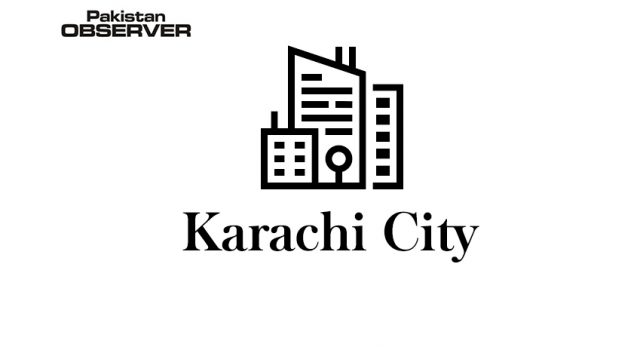Jinnah Sindh Medical University APPNA Institute of Public Health AIPH-JSMU led two-day Master Trainers Training on de-escalation of violence against the healthcare staff for JSMU faculty members.
The training comprised four modules and varied teaching methodologies including videos based on emergency scenarios, a baseline study regarding types of violence against healthcare providers, and major reasons for violence in a tertiary healthcare setting, said the statement released here on Thursday.
Vice Chancellor JSMU Professor Amjad Siraj Memon highlighted that the university is engaged in relevant research to find solutions to the problems faced by healthcare community in Sindh and the country.
The training workshop highlighted that 49 percent of healthcare workers experience or witnessed some kind of violence while providing first aid, and more than one-third of the healthcare workers i.e. 38 percent of healthcare workers were exposed to verbal abuse and threats in the last six months.
Founding Dean and Chairperson APPNA Institute of Public Health-JSMU Professor Lubna Ansari Baig said that under AIPH-JSMU’s HCiD initiative, healthcare providers can equip themselves to manage aggression and violence by applying strategies including patient counseling and maintaining steady communication with the attendants in a challenging environment.
She further stressed assessing the impact of de-escalation training for further improvements.
Project Coordinator Lubna Mazharullah began the training with a brief introduction and elaborated on modules escalation and de-escalation of violence including techniques of de-escalation of aggressive behavior using verbal and non-verbal techniques and strategies for managing Post-Traumatic Stress Disorder.
Project Manager HciD Dr Athar Hussain presented patient-communication protocol as well as the techniques of empathic communication, and methods of breaking bad news in potentially violent situations.
Earlier, team AIPH-JSMU and ICRC public health experts had developed a training manual for de-escalating aggressive behavior to prevent violence against healthcare providers. Healthcare in Danger (HCiD) is a joint project of APPNA Institute of Public Health-Jinnah Sindh Medical University and the International Committee of Red Cross (ICRD).
The participants of the workshop included Lecturer Department of Dental Material Science Dr Atiqa Zahid, Chief Coordinator BDS exam Dr Shabana Wazir, Dr Barrirah Muneer and Dr Nida Waheed from Institute of Physiotherapy and Rehabilitation-JSMU, Nursing Instructor Ameer Ali, Dr Eshwar Das, Shabana Wazir, Irfan, Urooj Asif, Sumaira Bashir from Institute of Nursing-JSMU, Lecturer Hafiz Muhammad Shariq Babar Institute of Medical Technology-JSMU, and Lecturer at Community Medicine Department Dr Tooba Adil.









